Learn from the young when going for unretired roles!
5 October 2020 By Victoria Tomlinson
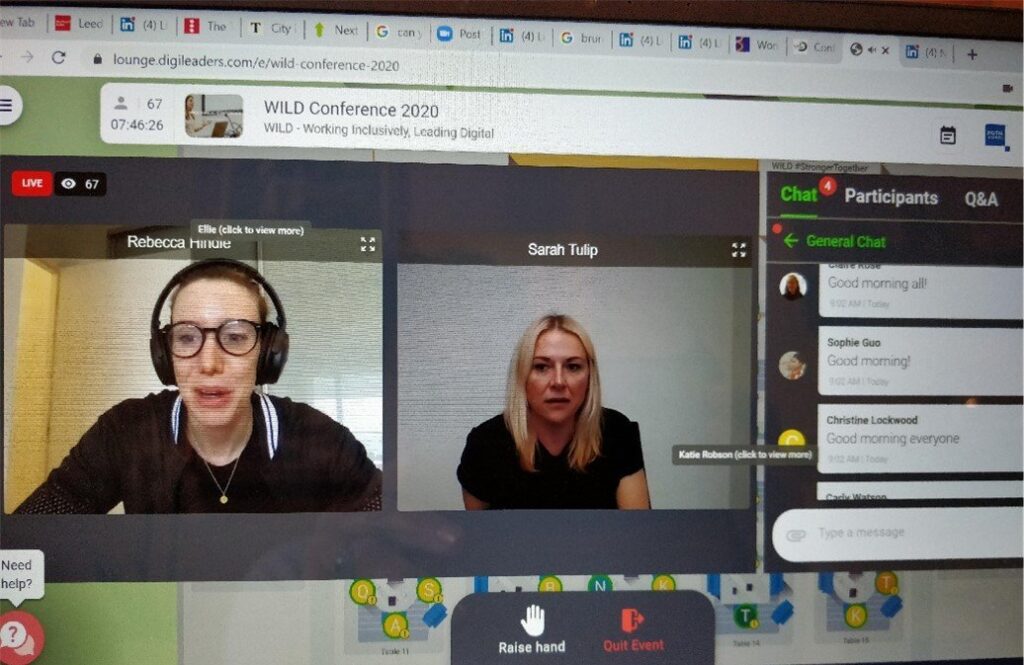
Last week I joined our Women in Leeds Digital (WiLD) conference – I am lucky enough to chair WiLD – and joined in the three sessions, Be, Build and Belong Digital.
The morning session had what felt like dozens of people sharing their tips on how they got their jobs in digital. And it struck me, their tips are very similar to what an experienced generation of senior people need to do when they are trying to win board and other roles in unretirement.
So, here are the tips from these fantastic digitives (is that a word?!) and how they translate to career changes later in life.
1. Your degree/technical skills probably count for little
There were numerous stories of people who had failed exams, not got onto their dream university course and more. But it hadn’t held them back.
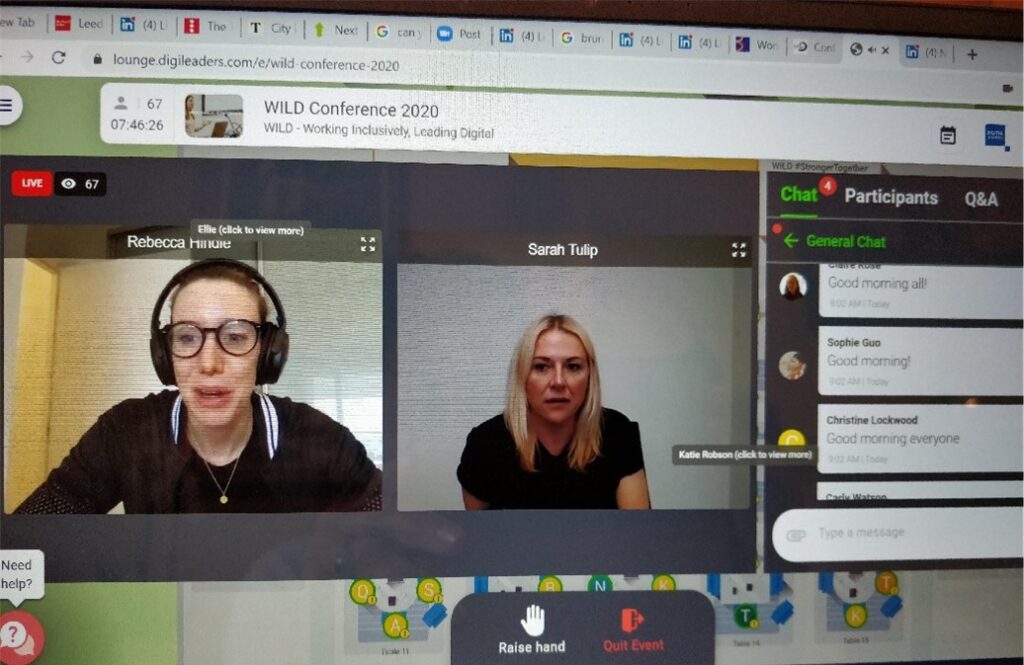
I loved Rebecca Hindle’s story – at just 30 she is Digital Strategist for Facebook in Ireland. Her dad pointed out that her A Level grades spelt out FUDGE (and I realize mine did too!) but she went through clearing and forged ahead, finding new opportunities.
The point made time and again was that employers only care so much about a degree/qualification. What they really want is the experience and ability to make a difference to the organisation – and this is what you need to be able to demonstrate.
2. Value your transferable skills
I am currently running an online programme for law partners in an international firm – helping them plan for unretirement. At the end of the first session, we were chatting about what they had got from it and several said they were now rethinking or re-evaluating their skills. They were realizing that experience of life, of running teams, being involved with strategy and more all have a value. As with the first point above, these are transferable skills and may well be more valuable than any technical skills.
3. Get involved in communities
One after the other, these digitives talked about getting involved with networks and communities which helped them to get jobs. Partly building skills, mostly meeting people who could help.
The same is exactly true for anyone looking for board roles. Two thirds of board appointments are made through recommendations – every single one of my own board roles came from people recommending me or asking me direct.
Just 17% of board appointments are made through headhunters and the same again through advertised vacancies.
One headhunter has said, “Opportunities will come from the fringes of your networks – so you need to build those fringes.” Networks are everything at this stage of your life.
4. Learn from failures
Lots of people said you shouldn’t worry about not getting a role – it’s not a failure, it’s just an experience and learn what you can from it.
When you are very senior, it is easy to look at rejection as failure. Many have had what they call blessed careers – opportunities came to them. So you have to build resilience and learn to see each stage as progress, rather than failing or succeeding.
5. Learn new skills
I loved the comment from Lianne Potter – who is also on the WiLD board – talking about retraining and winning new jobs and finding new things that she loved. From Anthropology to cyber security!
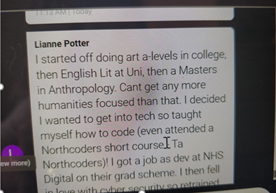
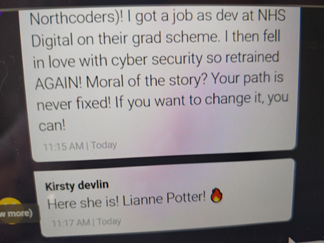
It reminds me of an interview I did a year or so ago, with Cynthia Pharr Lee. Coming from a PR and marketing background, she was the first to say she was not going to find it easy to get board roles. But she looks at what skills are missing around boards and gets qualifications in these – one being cyber security. She researched and signed up for the 30-hour online Cyber-Risk Oversight Program run by the National Association of Corporate Directors in partnership with Carnegie Mellon university. Cynthia says she isn’t an expert now but can lead a board discussion around the topic.
6. Be scared and nervous!
I loved this comment and encouragement from Reema Vadoliya of the Data Shed. She said we all have to be scared – the best things happen when you are most nervous. She is right! Getting out of our comfort zones keeps us young, produces opportunities – and is fun. In the end!
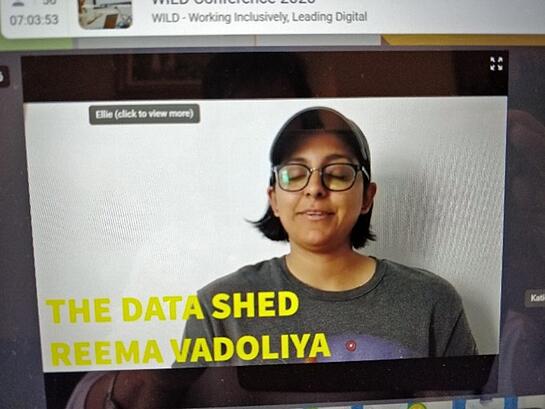
My final comment is about the conference itself. I was bowled over by the day, and it honestly didn’t feel online – it was a really wonderful, supportive community. Deb Hetherington and Sarah Tulip, co-founders, did an unbelievable job – including fantastic software for the conference platform. Digileaders set up a networking lounge for us, which was just brilliant. You uploaded your profile and when you were ready to network, turned on your camera and mic and clicked to join a table. And there you were, in the middle of the discussion. None of this hanging around and trying to work out who is whom and when to butt into someone’s conversation. I loved it!
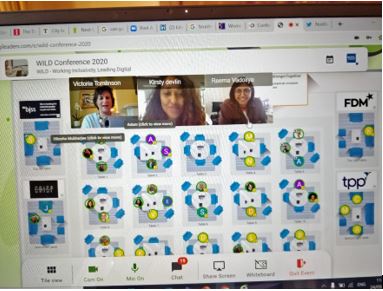
My thanks and congratulations to everyone who took part in the day – and thanks for giving me some great copy ideas!


